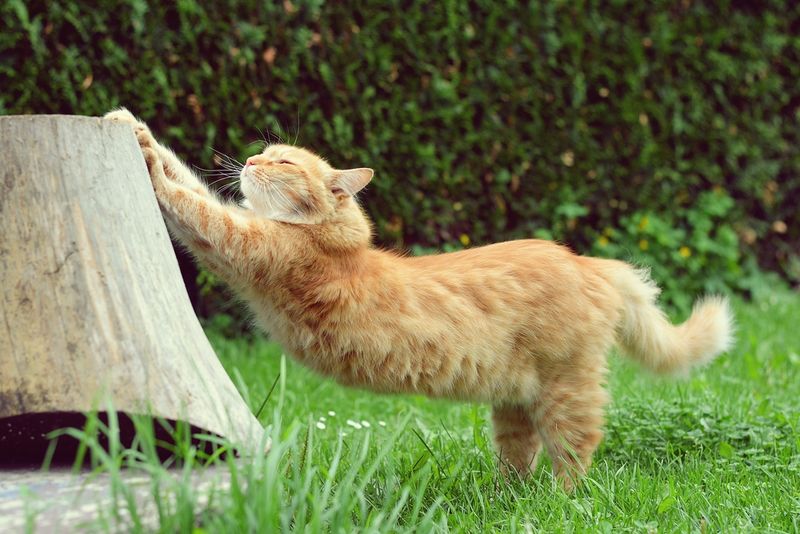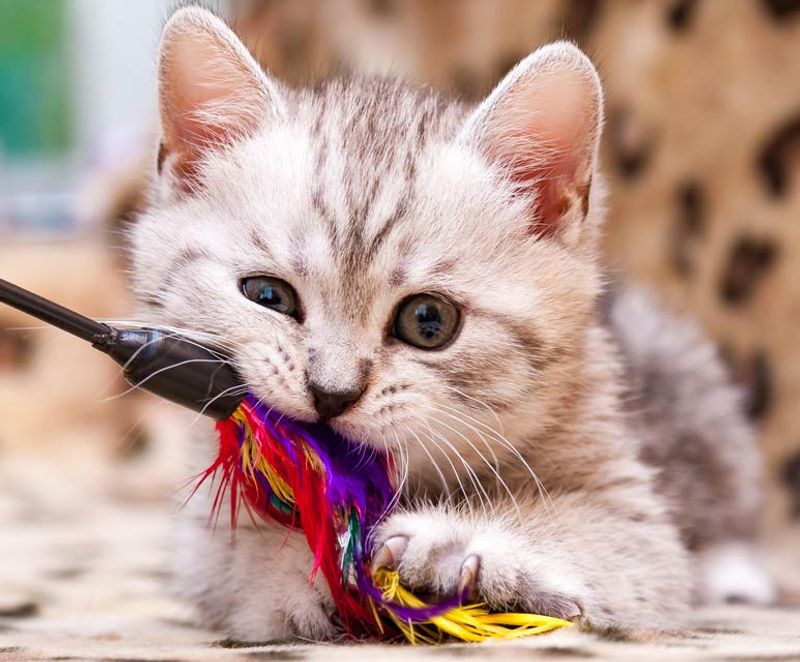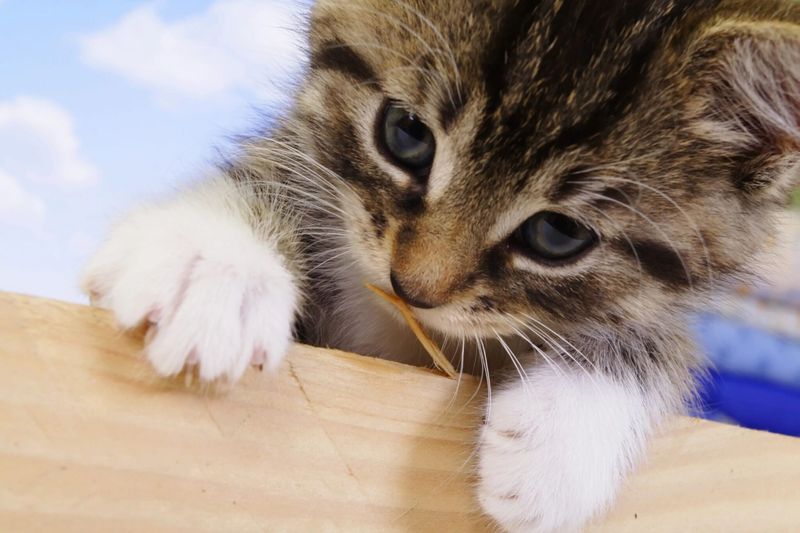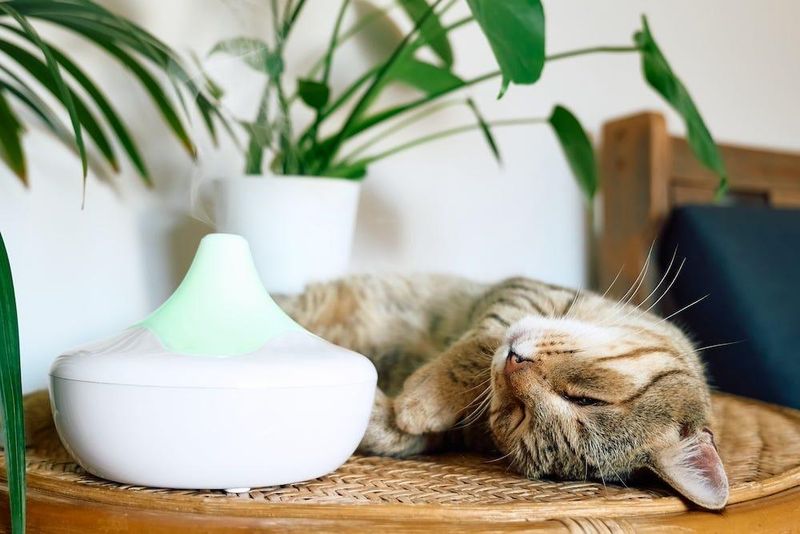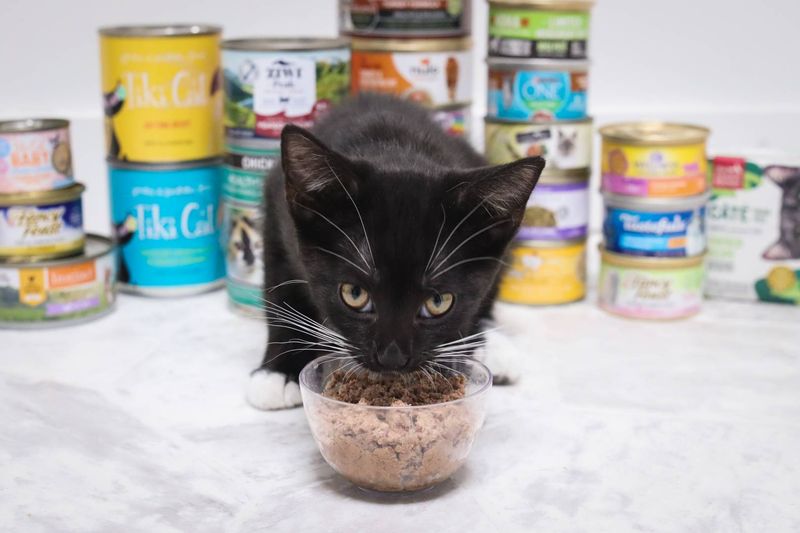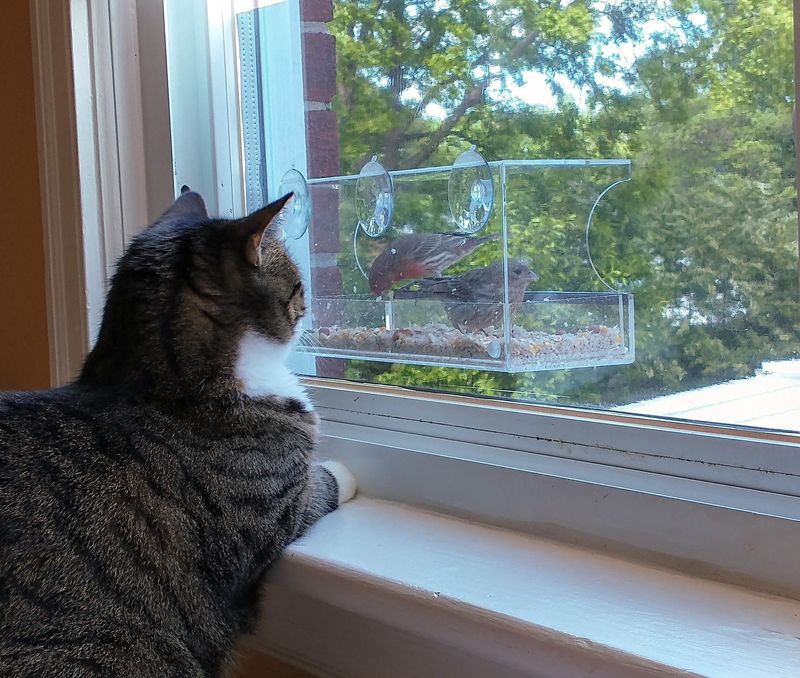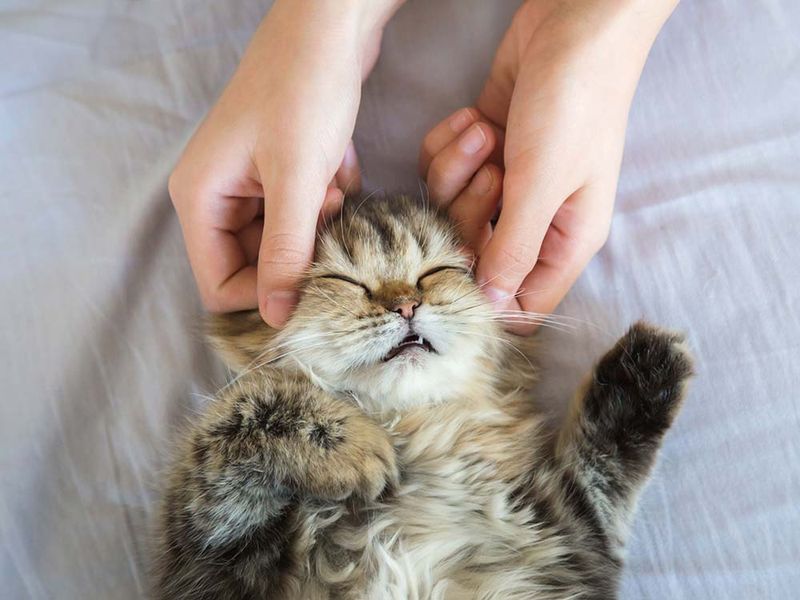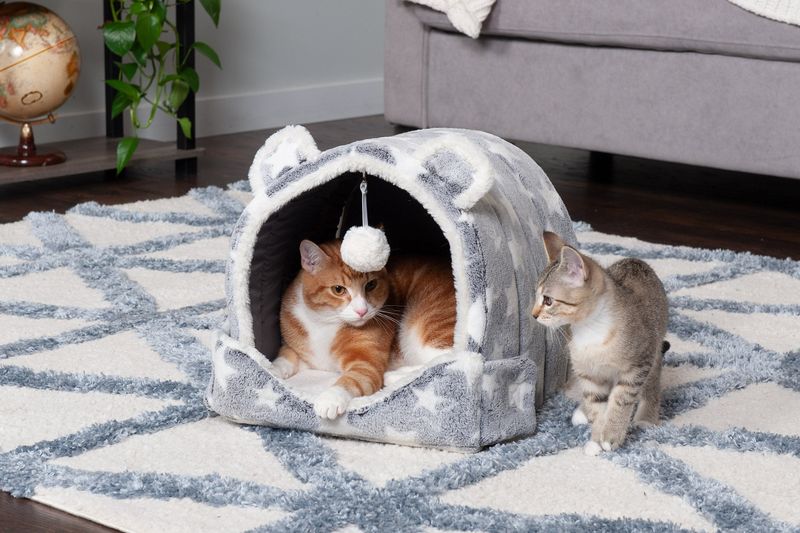📖 Table of Content:
Emotionally sensitive cats can be more prone to stress and anxiety, making their environment crucial for their well-being. Their unique needs require routines that cater to their comfort and emotional stability. Understanding how to create a calming atmosphere is key to ensuring they feel safe and secure.
Establishing daily routines that support emotional sensitivity can help reduce anxiety and foster a sense of peace. A consistent environment allows these cats to feel more in control and less threatened by changes around them. With patience and gentle care, their emotional well-being can be nurtured over time.
Creating spaces for relaxation, promoting positive interactions, and offering mental stimulation are vital aspects of their care. Every cat responds differently, so observing their behavior and adjusting routines accordingly is essential. By focusing on their emotional needs, a deeper bond can be built, enhancing both comfort and happiness.
1. Gentle Morning Stretches
Start the day with gentle morning stretches. Cats love to stretch their bodies, which helps them relax. Encourage your cat by placing their favorite mat near a sunlit spot. This routine not only loosens their muscles but also sets a peaceful tone for the day.
An engaging touch involves guiding their paws softly, creating a shared moment between you and your cat. Remember, the key is to move slowly and watch for signs of enjoyment. A happy stretch can be the first step toward a calm and balanced day for your feline friend.
2. Interactive Playtime
Interactive playtime can transform a cat’s mood. Engage your sensitive kitty with toys that mimic prey, such as feather wands or bouncing balls. This not only satisfies their hunting instincts but also provides an outlet for pent-up energy. By creating a regular play schedule, you help your cat anticipate fun times.
Additionally, incorporating different toys keeps things exciting. Watch for those moments when your cat’s eyes light up, indicating pure joy. A playful session can turn a stressful day into a joyful adventure for both of you.
3. Calming Music Sessions
Music has a soothing effect on emotionally sensitive cats. Create a calming playlist with soft classical tunes or nature sounds. These gentle melodies help reduce anxiety and create a serene environment. Allow your cat to choose their favorite spot and let the music do its magic.
Observing how they gradually relax and close their eyes can be heartwarming. Experiment with different genres, as you might discover a particular type of music that your cat enjoys most. Music sessions can become a delightful routine for tranquility.
4. Aromatic Relaxation
Aromatherapy isn’t just for humans; cats can benefit too. Gentle scents like lavender can calm an anxious feline. Use a pet-safe diffuser and ensure the room is well-ventilated. Place it where your cat likes to relax and observe their response. The soothing aroma can help alleviate stress.
However, always monitor for any adverse reactions. Combining aroma with a comfy bed or blanket makes for an inviting relaxation spot. The aromatic environment supports both physical and emotional well-being.
5. Consistent Feeding Schedule
Maintaining a consistent feeding schedule provides stability for sensitive cats. Regular meal times help reduce anxiety and create a sense of security. Choose nutritious food that meets your cat’s dietary needs. By following a routine, you ensure they’re well-fed and content. Watch your cat’s positive response when they know their meal is coming.
This anticipation can be a comforting ritual. Always provide fresh water alongside meals. A stable feeding routine can be a cornerstone of well-being.
6. Quiet Cozy Corners
Every cat appreciates a quiet retreat. Designate a cozy corner with blankets and pillows. This area should be away from noise and bustling activities. Cats often seek solace in these spots when feeling overwhelmed.
Encourage your cat to use the corner by placing familiar items like toys or a favorite blanket. Observing their relaxation can be rewarding. This sanctuary allows them to recharge and feel safe. By creating such spaces, you show your cat that their comfort is a priority.
7. Gentle Brushing Rituals
Brushing can be more than just grooming; it’s a bonding ritual. Use a soft brush to gently groom your sensitive cat. This not only keeps their coat healthy but also strengthens your bond. Choose a quiet time and place, ensuring your cat is comfortable.
Pay attention to their cues and stop if they seem distressed. The rhythmic strokes can be soothing, helping your cat feel loved and cared for. Regular brushing sessions can become a cherished routine for connection and relaxation.
8. Window Watching Sessions
Cats enjoy watching the world go by from a window. Set up a perch where they can observe birds and nature. This activity stimulates their mind and satisfies their curiosity. Ensure the window is secure and the perch comfortable.
Watching the outside world provides entertainment and mental engagement. Occasionally, join them to share the experience and strengthen your connection. This simple routine can turn into a daily joy for your cat, offering excitement and relaxation.
9. Evening Wind Down
Winding down in the evening can help sensitive cats settle for the night. Lower the lights and create a warm ambiance. Engage in calm activities, like gentle petting or playing soothing music. This routine signals bedtime and helps your cat transition into rest.
Notice how your cat responds to the calming environment. By maintaining a consistent wind-down routine, you enhance their sense of security. A peaceful night leads to a happier, more balanced day.
10. Exploration Breaks
Satisfy your cat’s natural curiosity by providing a safe space filled with toys and items to explore. Change them out regularly to keep things interesting. Let your cat sniff and investigate to nurture their instincts. This activity provides mental stimulation and can reduce anxiety.
A change of scenery can refresh their mind and break monotony. Watching your cat engage with their environment can be as rewarding for you as it is for them. Exploration breaks are a fun, enriching routine.
11. Massage Therapy
Offering massage therapy can be calming for sensitive cats. Gently apply pressure with your fingertips on their favorite spots, beginning with short sessions and gradually increasing. Be mindful of their body language to ensure comfort.
The soothing touch can help reduce tension and promote relaxation. This practice not only benefits your cat’s physical health but also enhances your bond. Regular massages can become a cherished part of your cat’s routine.
12. Safe Hideouts
Sensitive cats benefit from safe hideouts where they can find refuge. Design cozy spots with boxes, beds, or tunnels for them to retreat to during stressful times. Ensure these hideouts are both accessible and welcoming, helping your cat feel secure.
Place them in quiet parts of the home to avoid disturbances. Watching your cat use these spaces can reassure you of their comfort. By offering hideouts, you acknowledge their need for privacy and safety.

